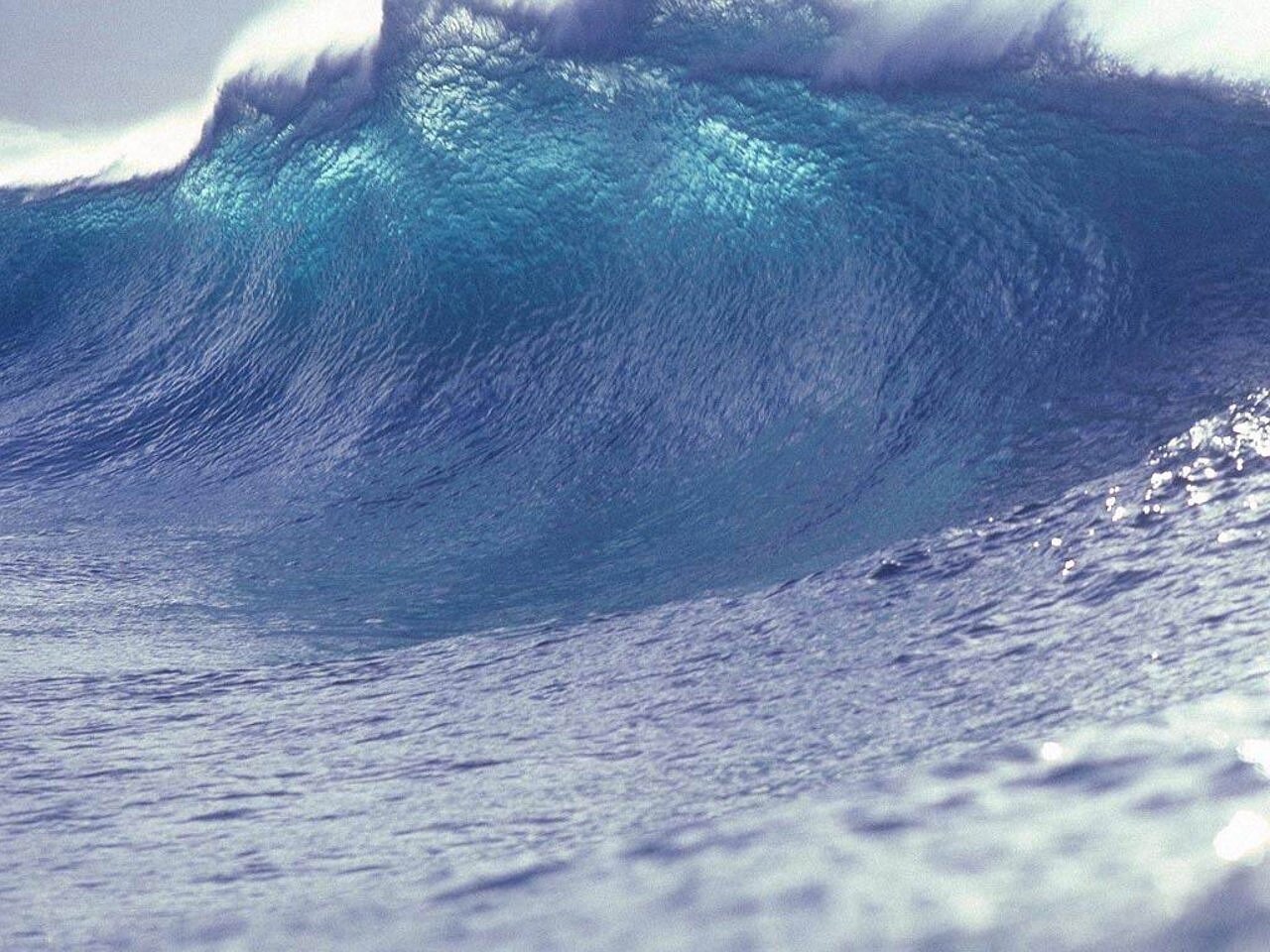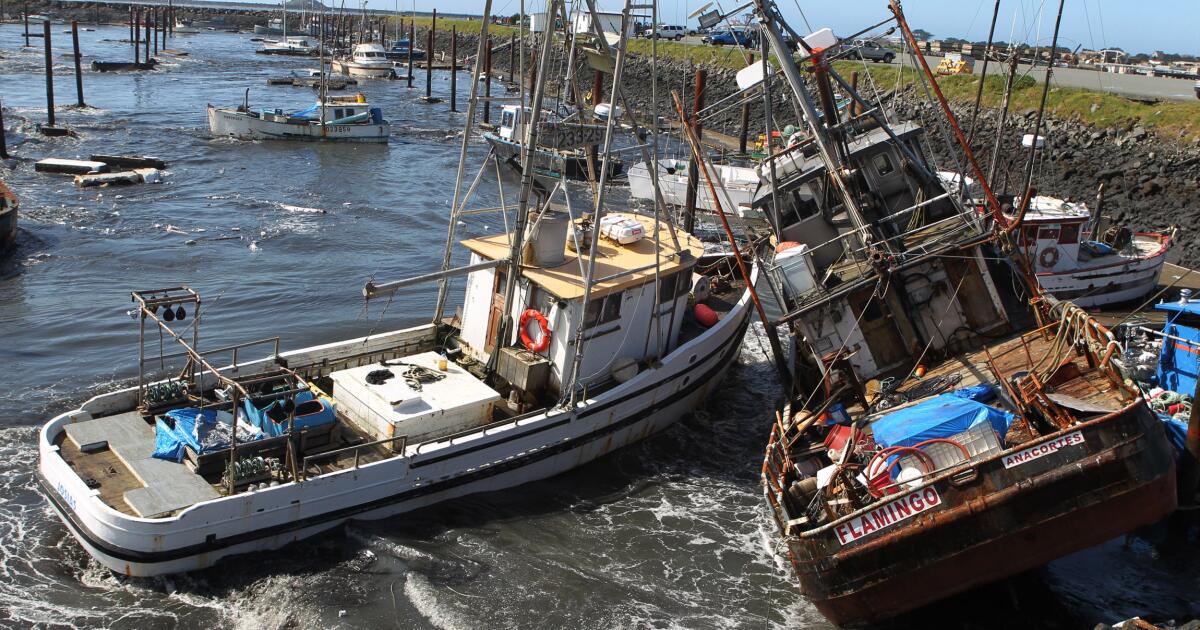Coastal California Tsunami Zones: Predicting Potential Impact And Damage

Welcome to your ultimate source for breaking news, trending updates, and in-depth stories from around the world. Whether it's politics, technology, entertainment, sports, or lifestyle, we bring you real-time updates that keep you informed and ahead of the curve.
Our team works tirelessly to ensure you never miss a moment. From the latest developments in global events to the most talked-about topics on social media, our news platform is designed to deliver accurate and timely information, all in one place.
Stay in the know and join thousands of readers who trust us for reliable, up-to-date content. Explore our expertly curated articles and dive deeper into the stories that matter to you. Visit Best Website now and be part of the conversation. Don't miss out on the headlines that shape our world!
Table of Contents
Coastal California Tsunami Zones: Predicting Potential Impact and Damage
California's stunning coastline, a magnet for tourism and home to millions, faces a significant, often overlooked threat: tsunamis. While earthquakes are the primary concern for many Californians, the devastating potential of tsunamis shouldn't be underestimated. Understanding California's tsunami zones, the potential impact, and ongoing efforts to mitigate damage is crucial for coastal communities and residents.
Understanding California's Tsunami Risk:
California is situated along the infamous Ring of Fire, a highly seismically active zone. Subduction zones, where tectonic plates collide, are the primary source of tsunamis. A major earthquake along the Cascadia Subduction Zone, located off the coast of Oregon and Washington, poses the greatest tsunami threat to California. However, local earthquakes can also generate smaller, but still potentially damaging, local tsunamis.
Several factors influence the impact of a tsunami on California's coast:
- Earthquake Magnitude: Larger earthquakes generate larger and more destructive tsunamis.
- Distance to Epicenter: Closer proximity to the earthquake's epicenter means less time for warning and a potentially more powerful wave.
- Ocean Floor Topography: The shape of the ocean floor affects wave propagation and amplification.
- Coastal Geography: Bay shapes, inlets, and coastal features can amplify or diminish the tsunami's impact.
Identifying High-Risk Tsunami Zones:
The California Geological Survey (CGS) and the National Oceanic and Atmospheric Administration (NOAA) provide detailed tsunami hazard maps. These maps identify areas at high risk of inundation, highlighting potential wave heights and expected run-up distances. These zones are not static; ongoing research constantly refines our understanding of tsunami risk. You can access these maps online via the CGS and NOAA websites. It's crucial for residents in these designated high-risk areas to be especially prepared.
Predicting the Impact and Damage:
Predicting the precise impact of a tsunami is complex, relying on sophisticated computer models that incorporate various factors mentioned above. These models simulate wave propagation and predict inundation levels, helping emergency managers plan evacuation routes and develop mitigation strategies. However, uncertainties remain, emphasizing the importance of preparedness.
Potential impacts include:
- Structural Damage: Coastal infrastructure, including buildings, roads, and bridges, are vulnerable to tsunami waves.
- Loss of Life: Tsunamis pose a significant threat to human life, particularly in areas with limited warning time and inadequate evacuation plans.
- Economic Losses: The economic consequences of a major tsunami can be staggering, encompassing damage to property, disruption to businesses, and loss of tourism revenue.
- Environmental Damage: Tsunamis can cause severe environmental damage, including coastal erosion, habitat destruction, and saltwater intrusion into freshwater sources.
Mitigation and Preparedness:
California is actively working to improve tsunami preparedness. This includes:
- Improved Warning Systems: Early warning systems, such as the NOAA's tsunami warning centers, are constantly being refined to provide faster and more accurate alerts.
- Evacuation Planning: Communities in high-risk zones are developing comprehensive evacuation plans, including designated evacuation routes and assembly points.
- Building Codes: Updated building codes incorporate tsunami-resistant design features to minimize structural damage.
- Public Education: Raising public awareness about tsunami risks and preparedness is essential for reducing casualties and mitigating damage.
Conclusion:
While predicting the exact timing and magnitude of a future tsunami remains challenging, understanding California's tsunami zones and the potential impact is vital. By utilizing available resources, participating in community preparedness initiatives, and staying informed, Californians can significantly reduce the risks associated with these powerful natural events. Check your local government's website for specific tsunami preparedness information relevant to your area. Being prepared is the best defense against a tsunami.

Thank you for visiting our website, your trusted source for the latest updates and in-depth coverage on Coastal California Tsunami Zones: Predicting Potential Impact And Damage. We're committed to keeping you informed with timely and accurate information to meet your curiosity and needs.
If you have any questions, suggestions, or feedback, we'd love to hear from you. Your insights are valuable to us and help us improve to serve you better. Feel free to reach out through our contact page.
Don't forget to bookmark our website and check back regularly for the latest headlines and trending topics. See you next time, and thank you for being part of our growing community!
Featured Posts
-
 Darius Garlands Toe Injury Surgery Confirms 4 5 Month Absence For Cavs
Jun 10, 2025
Darius Garlands Toe Injury Surgery Confirms 4 5 Month Absence For Cavs
Jun 10, 2025 -
 Steelers Land Aaron Rodgers One Year Deal 13 65 Million Reported By Espn
Jun 10, 2025
Steelers Land Aaron Rodgers One Year Deal 13 65 Million Reported By Espn
Jun 10, 2025 -
 Earthquake Off California Coast Raises Serious Tsunami Concerns
Jun 10, 2025
Earthquake Off California Coast Raises Serious Tsunami Concerns
Jun 10, 2025 -
 Germaine Pratt Released Bengals Part Ways With Team Captain
Jun 10, 2025
Germaine Pratt Released Bengals Part Ways With Team Captain
Jun 10, 2025 -
 Kenya Vs Chad Live Stream Details And Where To Watch The International Friendly
Jun 10, 2025
Kenya Vs Chad Live Stream Details And Where To Watch The International Friendly
Jun 10, 2025
